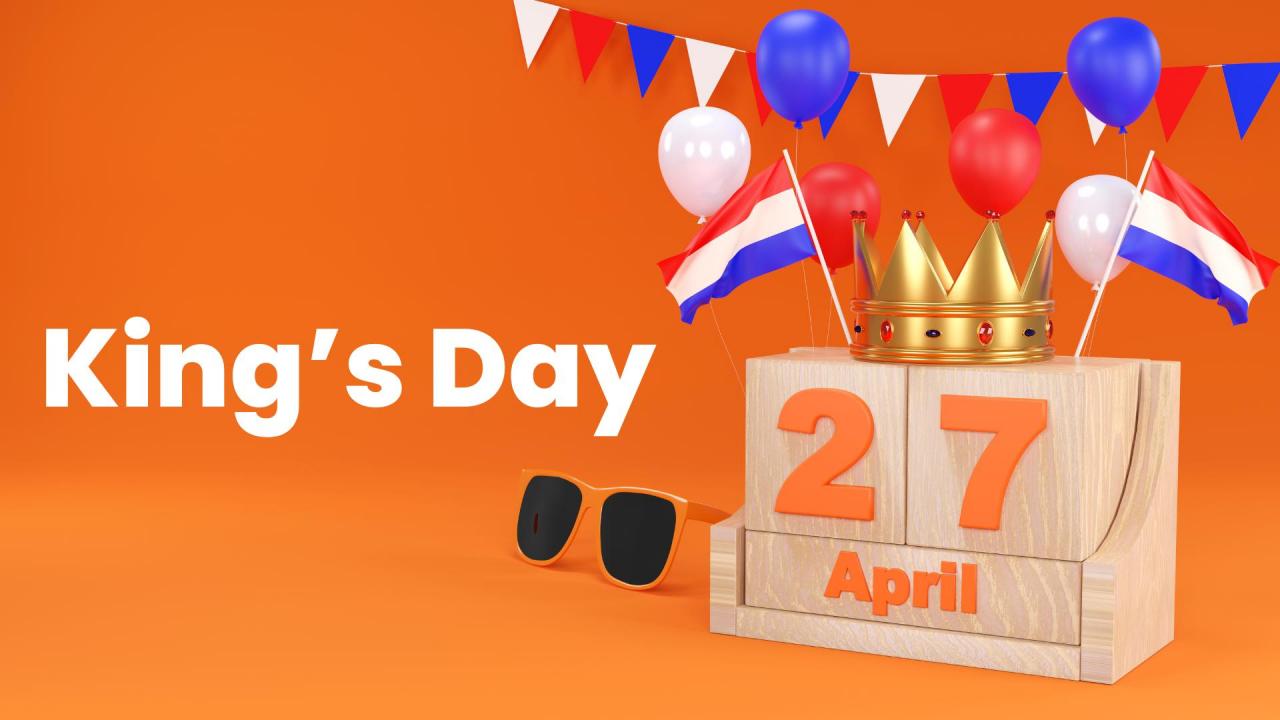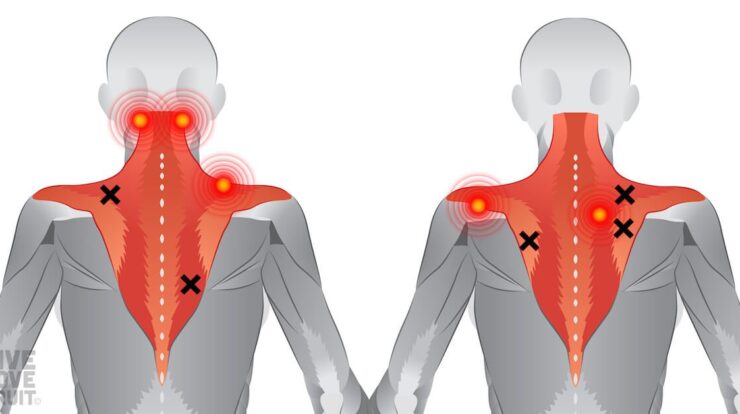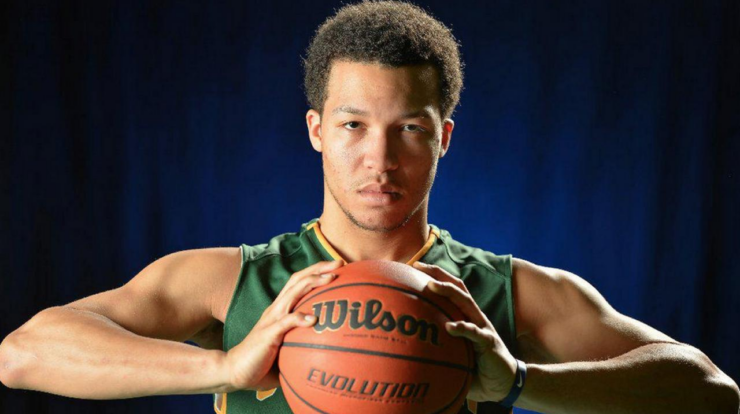
King of netherlands – The King of the Netherlands, a figure steeped in history and tradition, plays a multifaceted role in Dutch society, serving as a symbol of national unity, a patron of culture, and a key player in international relations.
From the grand halls of the royal palaces to the ceremonial opening of parliament, the King’s presence is felt throughout the Netherlands, shaping the nation’s identity and connecting its past with its present.
History and Reign of the King of the Netherlands

The Dutch monarchy has a rich history dating back to the 16th century. The current reigning monarch is King Willem-Alexander, who ascended to the throne in 2013. The King’s role is largely ceremonial, but he also plays a significant role in the country’s political and social life.
The line of succession follows the principles of primogeniture, with the eldest child of the reigning monarch inheriting the throne regardless of gender.
Royal Family and Residence
The Dutch royal family consists of King Willem-Alexander, Queen Máxima, and their three daughters: Princess Catharina-Amalia, Princess Alexia, and Princess Ariane. The family resides in the Palace of Amsterdam, the Noordeinde Palace in The Hague, and Villa Eikenhorst in Wassenaar.
The royal family is highly respected by the Dutch public and plays an important role in promoting Dutch culture and heritage.
Cultural and Ceremonial Duties
The King of the Netherlands performs a variety of ceremonial duties, including opening parliament, attending state events, and receiving foreign dignitaries. He also plays a role in promoting Dutch culture and heritage through his patronage of the arts, education, and other cultural institutions.
For example, King Willem-Alexander is the patron of the Concertgebouw Orchestra, one of the world’s leading orchestras.
Political and Constitutional Role, King of netherlands
As head of state, the King of the Netherlands has a constitutional role in the country’s political system. He signs laws into effect, appoints government ministers, and receives foreign ambassadors. While the King does not have direct political power, he can use his influence to promote stability and unity in the country.
International Relations and Diplomacy
The King of the Netherlands plays an important role in international relations and diplomacy. He represents the country at international events, such as the United Nations General Assembly, and meets with foreign leaders to discuss issues of mutual interest. The monarchy helps to promote the Netherlands’ global standing and influence.
Final Thoughts: King Of Netherlands

In conclusion, the King of the Netherlands remains a vital part of Dutch society, embodying the nation’s heritage, promoting its culture, and representing its interests on the global stage. The monarchy’s enduring legacy and the King’s unwavering dedication to his people ensure its continued significance in the years to come.
FAQ Summary
What is the role of the King of the Netherlands?
The King is the constitutional head of state, representing the Netherlands in international relations and performing ceremonial duties, such as opening parliament and attending state events.
Who is the current King of the Netherlands?
King Willem-Alexander has reigned since 2013, succeeding his mother, Queen Beatrix.
What is the significance of the Dutch monarchy?
The monarchy serves as a symbol of national unity, preserves Dutch history and traditions, and promotes Dutch culture and heritage.





